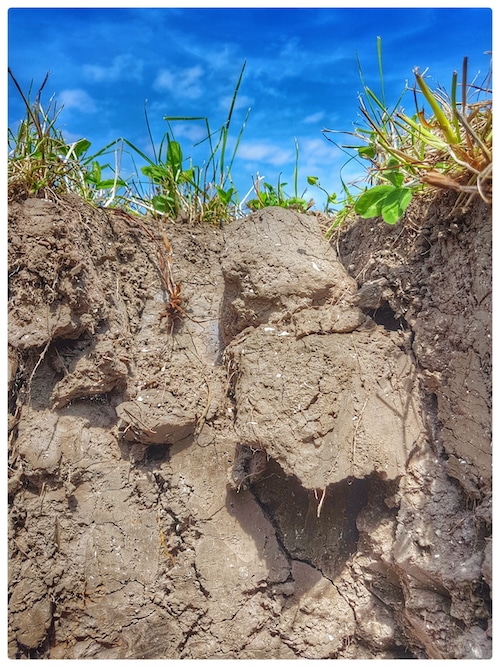This post was originally published on Eco Watch
The less intensely farmers fuss with soil, the better off that soil could be, according to a new study on soil management practices across the Netherlands.
In the study, published in the journal Science, a team led by researchers from the Netherlands Institute of Ecology (NIOO-KNAW) analyzed soil management practices and biota at 53 farm fields around the Netherlands. The sites included both organic and conventional farms, and soil types included clay and sandy.
Based on the analysis, higher intensity soil management practices — regardless of the type of farm or soil — led to less soil multifunctionality, while lower intensity practices boosted soil multifunctionality.
New publication: #Conventional and #organic #farms with more intensive management have lower soil functionality, by @ciskaveen.bsky.social @kylemojo.bsky.social and others. #soilfunctionality #arableland #bacteria #organiccarbon #agriculture
doi.org/10.1126/scie…— NL Institute of Ecology NIOO-KNAW (@niooknaw.bsky.social) April 28, 2025 at 10:01 AM
Even just tilling or plowing the land less frequently than usual helped increase soil multifunctionality, meaning that both organic and conventional farms can improve the soil just by reducing the intensity that they are handling the soil on each field. That’s because tilling and plowing can disrupt the microbes and organic carbon content of the soil, as explained by Bioengineer.org.
“The good news is that in conventional agriculture, which is the vast majority, there is a lot to gain,” Wim van der Putten, soil ecologist and NIOO professor, said in a statement. “On all farms, including organic ones, it is important at this point not to cultivate the soil too intensively. For example: ploughing less. Inverting the soil during ploughing is a very big disruption for soil life.”
Ron de Goede / Wageningen University & Research
These findings revealed that some farming practices that are considered sustainable should be reconsidered for less intensive methods. Instead of a method of increasing field production with minimal environmental impact known as “sustainable intensification” — which has been scientifically controversial due to concerns over greenwashing — the authors recommended “productive deintensification.”
According to Kyle Mason-Jones, a contributing researcher to the study, if productive deintensification is successful, “you will get more functions from a less intensively cultivated soil while retaining the crop yield as much as possible.”
In addition to less frequent tilling, the study also determined that incorporating a mixture of grasses and clover to grow as cover crops could improve soil health. As NIOO reported, these grass and clover mixtures could be alternated with cereal crops, like wheat and barley, to improve soil health and better support crop growth.
The newly published research is the final component to a larger Vital Soils project, completed between NIOO and Wageningen University & Research with support from NWO Groen, Eurofins-Agro, BO Akkerbouw, Open Teelten and LTO-Noord. As part of Vital Soils, researchers previously used satellite imagery and measurements of “greenness” on farm fields to determine how decreased intensity in soil management appeared to affect farms. Based on those findings, less intensity appeared to improve the soil and yields, results that were confirmed with the latest study.
Based on the full outcomes from the Vital Soils projects, NIOO reported that organic farms could become just as productive as conventional farming after about 17 years of transitioning to less intense soil management.
However, all farms seem to benefit in both the short- and long-term with better, less intensive soil management.
“You don’t necessarily have to have gone through the entire transition to organic farming to still have a positive impact on soil health,” Guusje Koorneef, who worked on the study as part of her doctorate program, said in a statement. “I find it really promising that in both conventional and organic farms you can strengthen the functioning of the soil by working it less intensively.”

Guusje Koorneef / NIOO-KNAW
The post Farms Fare Better With Less Intensive Soil Management, Study Finds appeared first on EcoWatch.





0 Comments